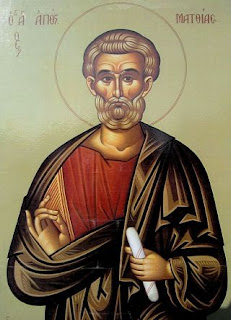Transfiguration of Christ
Today is the Feast of the Transfiguration of the Lord.
I've been scrolling through various articles and images of the transfiguration. Still in grok mode so don't have a lot to say on it.
What I find curious is that both Moses and Elijah are standing next to the transfigured Christ. I don't know what this means but it seems important.
Why are the apostles groveling?
Are they really groveling or is something else going on?
I am wondering what Moses and Elijah meant to those who wrote the scriptures. Was their understanding of these characters the same as ours?
There's so much in Mythical, Christian and Hermetic imagery and vocabulary that has such intense meaning for those who brought them into the world as well as those who passed them on.
I am looking at the image above and know there is something compelling there and yet I see just an aesthetic picture; something quaint from a bygone era. I know there's more, and that's what draws me to iconography, gnostic images and stories.
This is what makes feast days challenging for me.
I'm an outsider.
Whatever that is in me that resonates when presented with these symbols, that's the insider.
My answer for now is to continue reading, asking questions, praying. There's is not much else to do.




